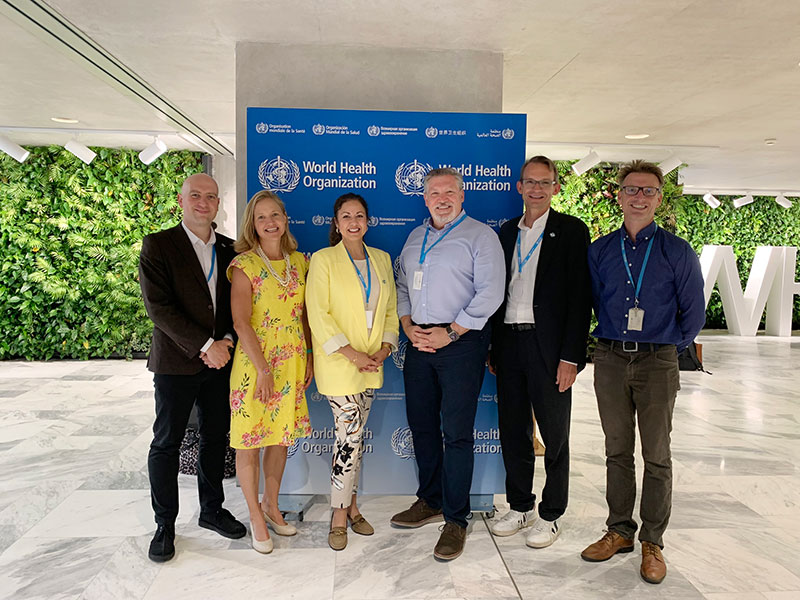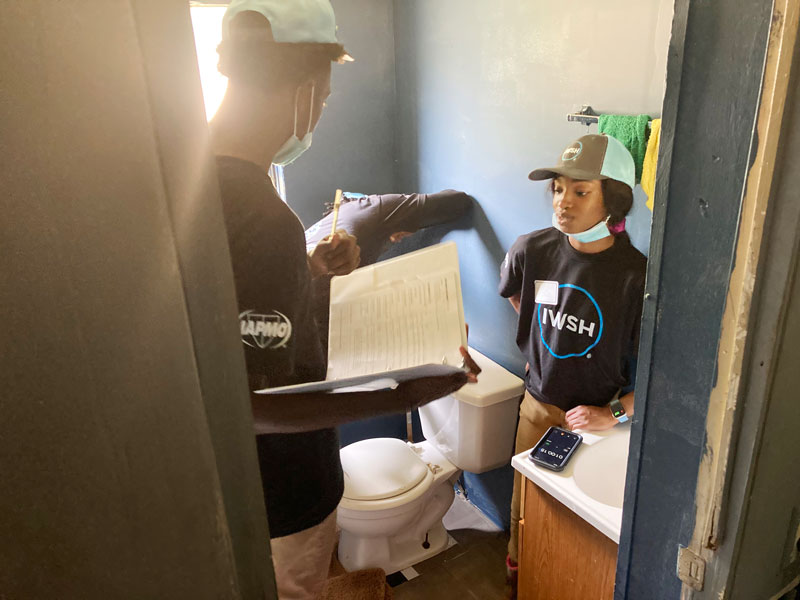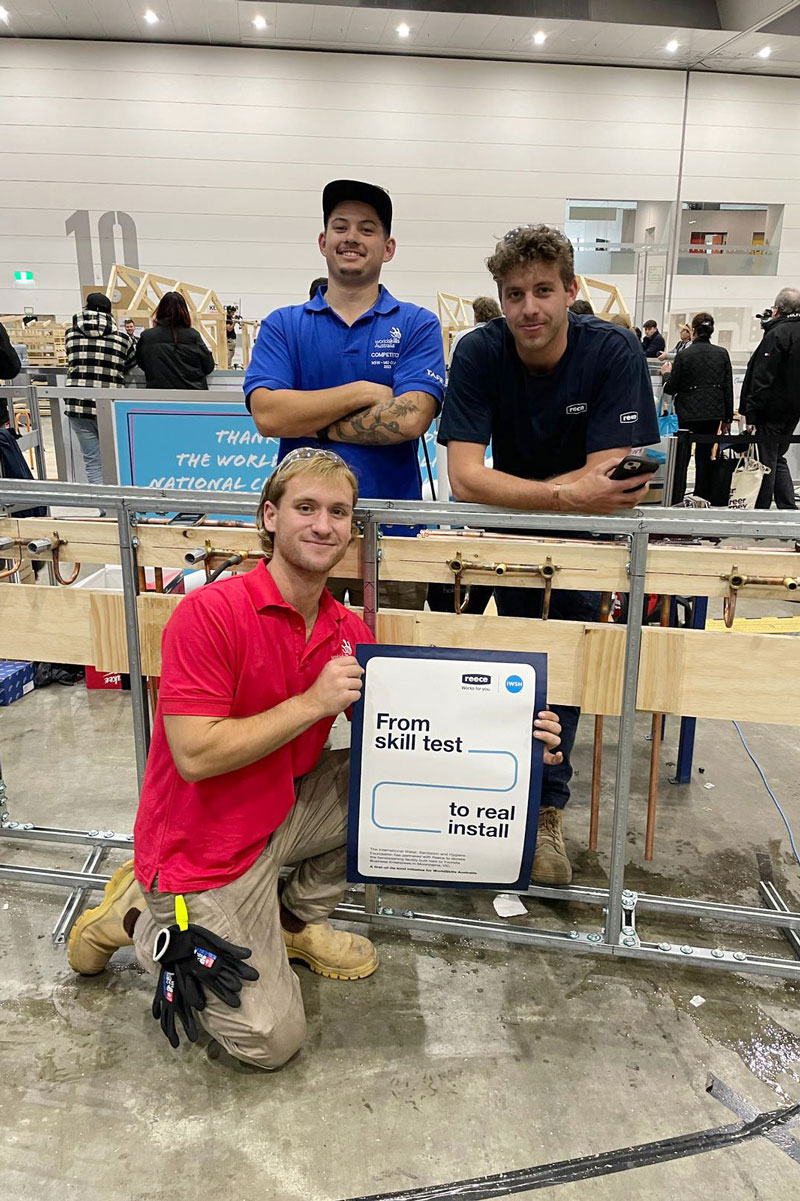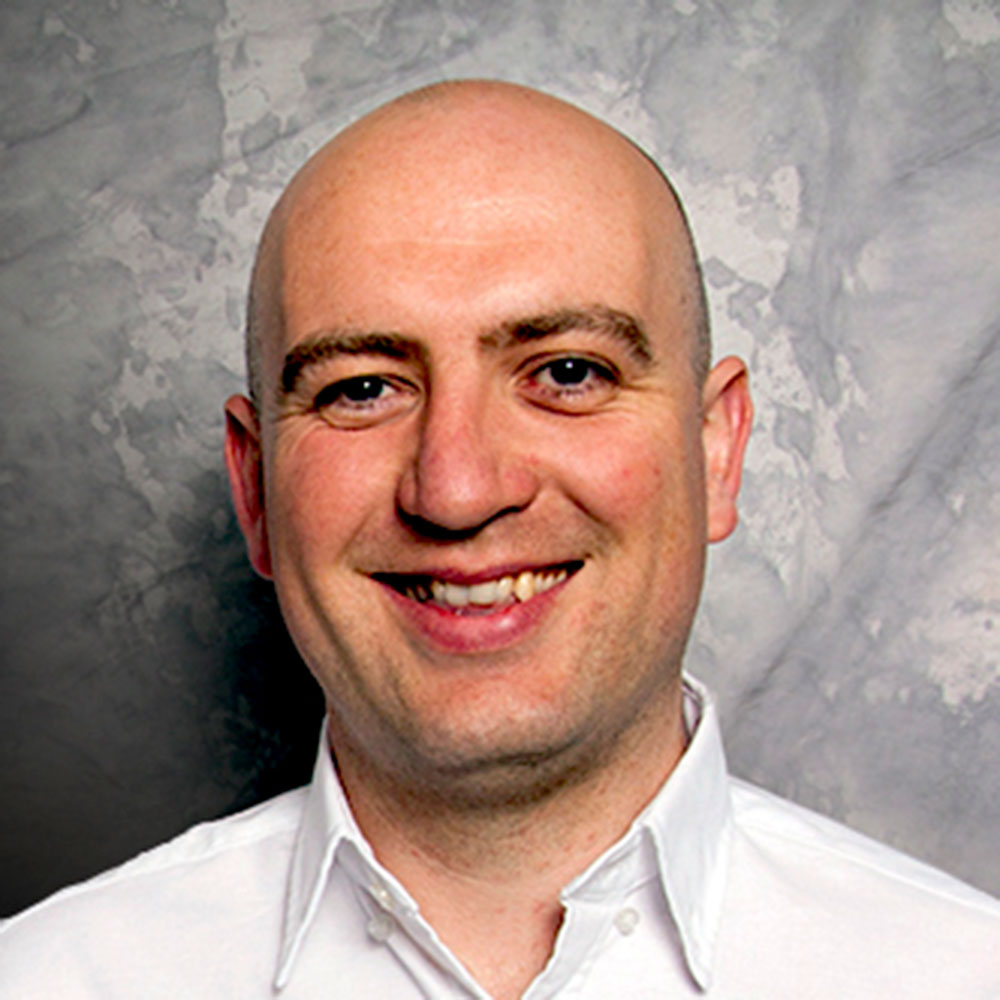Hello again and welcome back to our regular look behind the scenes at IWSH, IAPMO’s charitable foundation.
At the time of my last column, members of our team were preparing to launch a new series of Community Plumbing Challenge works in Lowndes County, Alabama; working alongside our colleagues at LIXIL and the Black Belt Unincorporated Wastewater Program. This latest project in Lowndes went very well, particularly due to the enthusiastic involvement of twelve young student volunteers from nearby Central High School (Hayneville) and Calhoun High School (Letohatchee). This team was trained on a new Household Plumbing Survey created by IWSH and the other program partners: a survey which captures all necessary details to enable interior plumbing repairs and upgrades at each home. While the students carried out surveys, another team of skilled trades volunteers completed repairs in a total of seven homes.
Once again we were indebted to our colleagues at South Central Pipe Trades plus UA Locals 52 (Montgomery), 91 (Birmingham) and 760 (Muscle Shoals) for providing their time and —most importantly — licensed expertise to help us complete this latest round of interior plumbing works. It was a pleasure to welcome back some familiar faces from our first CPC project in Lowndes last year; the group was very complimentary about that previous experience, and excited about doing more to help the overall program again now and into the future. Our most successful IWSH programs have grown on exactly this kind of friendship and cooperation, so we were very satisfied with this latest installment of work in Alabama and excited about the next steps together with our partners and the local community.
In June, I was personally honored to participate in the Global Summit on WASH and Waste in Health Care Facilities, co-presented by the World Health Organization (WHO) and UNICEF in Amman, Jordan. The purpose of this summit was “realising safe and sustainable infrastructure for improved quality of care,” and I attended as representative of the World Plumbing Council, of which IWSH and IAPMO are both members, and for whom IAPMO is the current technical liaison with regard to WHO-WPC official non-state actor relations. The summit was attended by approximately 100 WASH specialists, public health representatives, and global partner/NGO representatives, overseen by a team of regional WHO and UNICEF leaders. More than 30 different country delegations were represented, and over the 2.5 days onsite. I met and spoke directly with more than 30 individual delegates, from a cross-section of all the above roles and backgrounds.
The latest data from the WHO indicates that half of health care facilities worldwide (one in every two) do not have basic hand hygiene services, one in every five health care facilities lack basic water services (which climbs to an alarming one in every two in the world’s 46 least-developed countries), and one in every 10 health care facilities have no sanitation services at all. Quality WASH services in health care facilities, so often taken for granted, are needed more than ever to protect vulnerable patients and health workers.

Key recurring themes from the summit that were especially relevant to WPC and the potential supports or contributions WPC could provide moving forward through its
international plumbing industry network — of which IWSH is a key member — included plumbing system design, operation and maintenance strategies, financing and costing guidance, and establishing quality supply chain frameworks. In practical terms, several clear opportunities emerged through discussions with partners at the summit and we are now working on these plans; ways to facilitate, organize, and engage with some of the key WHO offices and regional teams around the world who are leading this critical WASH in Healthcare Facilities agenda.
The timing of the summit was ideal, as it was quickly followed by working meetings at WHO headquarters in Geneva, Switzerland, which IAPMO CEO Dave Viola touches on elsewhere in this Official edition (page 96). This was a perfect opportunity for our respective teams to review outcomes from the summit and agree to clear next steps together. IWSH will have an important role to play in these new WHO-WPC collaborations in the coming years, and we will look forward to sharing more updates with you the near future.

Local high school students carry out household surveys assessing the quality and function of residential plumbing systems in the Lowndes County area; their enthusiasm for this assignment was a credit to the training program presented by our IWSH team, which was further supported by fixture and fitting demonstration boards designed and donated by our plumbing industry partners in Alabama.

“From skill test to real install…” The Plumbing Champions program is going from strength to strength with new presentations at national WorldSkills competitions in Australia (pictured) and Ireland.
Getting back to matters at hand, at the time of writing we are putting finishing touches to even more IWSH action ahead: a pilot sanitation project with our colleagues at the DigDeep Navajo Water Project in New Mexico, and two new Plumbing Champions corporate social responsibility projects for roll-out at national WorldSkills competitions in Melbourne, Australia, and Dublin, Ireland. Three projects, three continents — IWSH continues small but important steps toward our global mission of uniting the water, sanitation, and hygiene industry to change lives.
As always, please stay tuned via our social media feeds @IWSHFoundation for all the latest news! And of course please do get in touch if you have any further questions, comments or requests regarding our latest plans; you can email me at sean.kearney@iapmo.org.

Seán Kearney
Last modified: May 8, 2024
